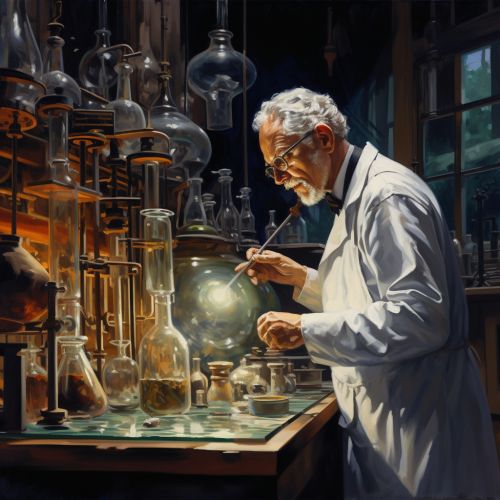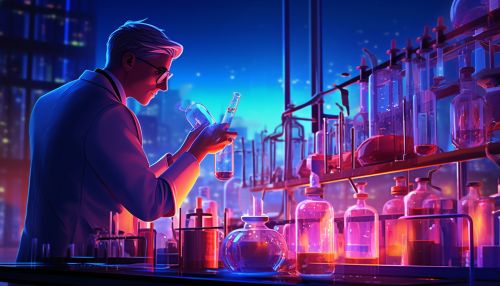Synthetic Biology
Introduction
Synthetic biology is an interdisciplinary branch of biology and engineering. The subject combines various disciplines from within these domains, such as biotechnology, evolutionary biology, molecular biology, systems biology, biophysics, computer engineering, and genetic engineering. The objective of synthetic biology is to design and construct new biological parts, devices and systems, or to redesign systems that are already found in nature.
History
The field of synthetic biology has been developing rapidly since the turn of the millennium. The term itself was first used in a biological context by the French scientist Stéphane Leduc in his book "La Biologie Synthétique" published in 1912. However, the modern concept of synthetic biology as a field combining biology and engineering was only established in the early 21st century.
Principles
The principles of synthetic biology rest on two key pillars: the design and construction of new biological entities, and the re-design of existing biological systems. Synthetic biologists work to create new biological functions and systems not found in nature, including the design of organisms for the production of biofuels, the creation of organisms that can detect toxins or pollutants, or the design of new drugs.
Techniques
Synthetic biology employs many techniques from molecular biology, such as the use of restriction enzymes and ligases to cut and paste DNA, and the use of plasmids to amplify DNA. Other techniques include the use of PCR to amplify DNA, the use of gel electrophoresis to separate DNA, and the use of DNA sequencing to determine the sequence of DNA.


Applications
The potential applications of synthetic biology are vast, ranging from healthcare and pharmaceuticals to energy and the environment. In healthcare, synthetic biology could be used to design organisms that produce pharmaceuticals, or to create gene therapies for genetic diseases. In energy, synthetic biology could be used to design organisms that produce biofuels, or to create new methods of carbon capture and storage. In the environment, synthetic biology could be used to design organisms that can detect and degrade pollutants, or to create new methods of waste management.
Ethical and Social Considerations
The development of synthetic biology raises a number of ethical and social considerations. These include concerns about biosafety and biosecurity, the creation of new life forms, the potential for misuse of synthetic biology, and issues of ownership and sharing of biological information.
Future Directions
The future of synthetic biology is likely to be shaped by advances in technology, including improvements in DNA synthesis and sequencing, advances in the understanding of biological systems, and the development of new computational tools. These advances will enable synthetic biologists to design and construct increasingly complex biological systems, with potential applications in a wide range of fields.
